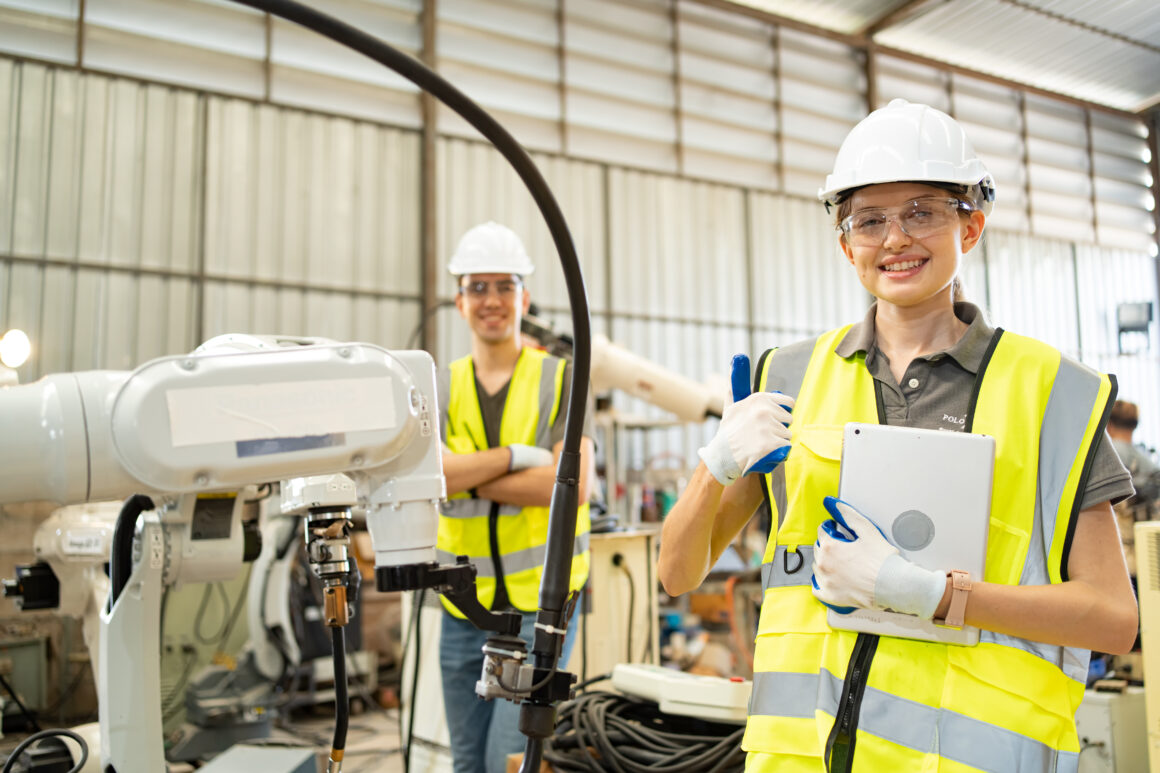Today’s industrial factories face a convergence of pressures: the demand for higher quality and greater product customization, intensified global competition requiring faster turnaround times, and the ongoing need to optimize operational costs. Simply working harder with outdated systems is no longer a viable strategy. To thrive, modern manufacturing must embrace a smarter approach, one deeply rooted in the integrated disciplines of mechatronics and the intelligent automation capabilities of robotics. This isn’t just about replacing manual labor; it’s about fundamentally re-engineering processes for peak performance, precision, and adaptability.
Mechatronics, the sophisticated fusion of mechanical engineering, electronics, intelligent computer control, and systems thinking, provides the bedrock for this transformation. It allows for the creation of machinery and systems that are not just powerful, but also incredibly precise and responsive. Think of automated assembly lines where components are positioned with micron-level accuracy, or packaging systems that can dynamically adjust to different product sizes at high speed. This level of integrated control, intrinsic to mechatronics, minimizes errors, reduces material waste, and significantly boosts throughput. Complementing this, advanced robotics brings a new dimension of efficiency. Industrial robots, from powerful articulated arms performing heavy lifting and welding to nimble collaborative robots working alongside human staff, execute tasks with tireless consistency and precision, often in environments unsuitable or unsafe for humans, around the clock.
The impact of integrating mechatronics and robotics is a paradigm shift in factory operations. Bottlenecks are identified and eliminated through automated workflows, cycle times are drastically reduced, and the consistency achieved leads to superior product quality and less rework. Furthermore, these intelligent systems can be equipped with sensors and connected via IIoT, providing valuable data for predictive maintenance and continuous process improvement. In essence, the modern need for efficiency is being met by creating factory spaces that are more agile, intelligent, and productive than ever before, driven by the elegant synergy of mechatronics and robotics.

